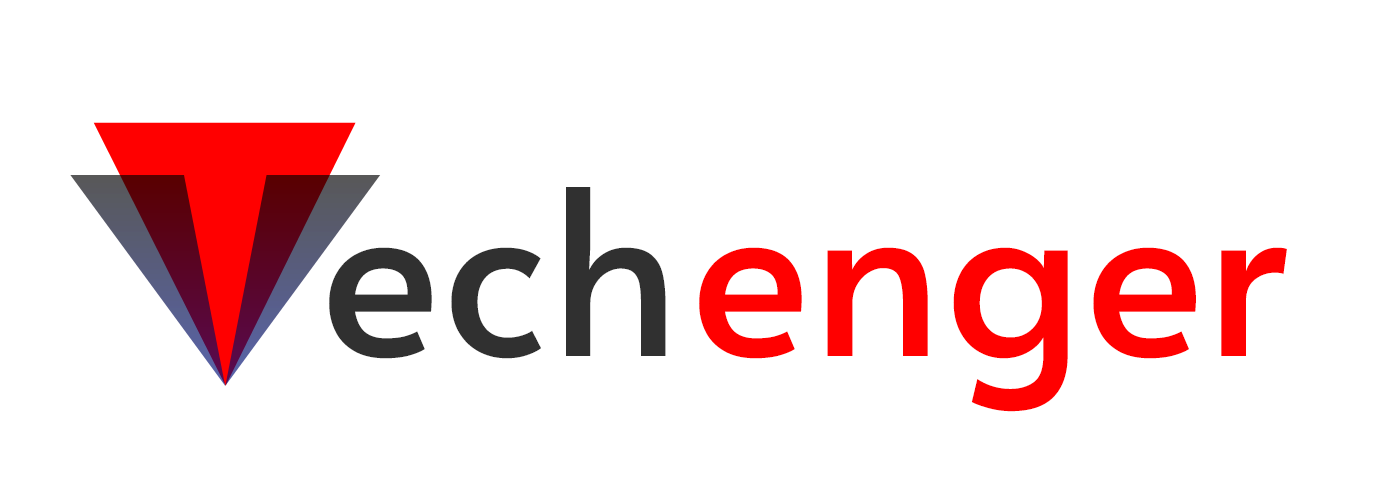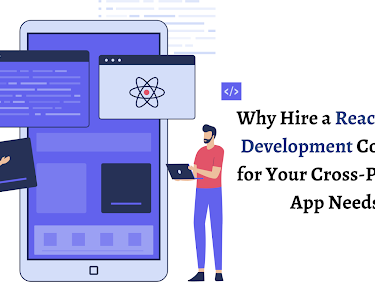Gen Z grew up with the magic of streamlined online services and resources that paved the way for Edtech apps. However, the revolution of Edtech is older than most people realize. From the digitization of libraries to the inclusion of supplemental resources, the new generation of learners continues to appreciate the new way of learning.
Today, video and audio representation of resources has become a standard. In fact, more academic institutes now utilize educational learning apps than a decade ago. It’s a revolutionary shift that hints at how instructors and students are coming together to elevate the bar of learning.
Table of Contents
Mobile Devices And Remote Access
The omnipresence of mobile devices and remote access has managed to transform content consumption. In fact, resources that ordinarily would take days to understand now take a few hours to contextualize thanks to AI algorithms.
However, it’s more than just structured content; modern learning approaches change the way learners perceive information. More reliance on technology can usher a new era of comprehensive Edtech apps and improve online learning.
Today, you can learn to play the piano from the comfort of your home. In fact, you can take the lessons you like and schedule the practice sessions whenever you want. Now, this added flexibility offers comfort, encouragement, and confidence to the new generation of learners.
Artificial Intelligence Is Changing The Evaluation of Learning
The integration of artificial intelligence into Edtech apps is less intrusive and flashier. Instead, it is changing the dynamics of how learners process information. The hallmark of AI, however, is its assessment model that is already revolutionizing digital learning.
In simple terms, Edtech apps usually appraise a learner’s knowledge and modify the practical instructions as per individual needs. Realistically, this kind of technology can also lend a hand to teachers to differentiate various learning processes and make sure no one is left behind.
Whether it’s learning to play piano or practice mathematics, AI-based placement and assessment improve basic skills before jumping onto the advanced stage. You can view cloud storage, data accessibility, and affordability as the three musketeers of Edtech apps.
These transformative changes continue to help learners polish their skills and be smarter. The more intuitive AI becomes, the less time learners will need to spend on extraneous testing. Students who carry a smartphone firmly believe that it is important for their education. Most academic experts also concur that technological empowerment has become crucial in education.
Edtech Ecosystem Is Expanding
The education sector is one of the fastest-growing industries across the globe, and by the end of the decade, estimation suggests that Edtech market might cross $250 billion. It consistently provides educators and learners with next-gen AI technologies. In fact, it should not come as a surprise that tech inventors are continuously moving forward in the promising Edtech market.
Besides, mobile platforms are more feasible for learners to adopt new methods of learning. A new age of digital transformation is emerging through Edtech mobile apps. The millennial and Gen Z user experiences concentrate on personalized information. In fact, personalized Edtech apps are disrupting the traditional teaching method.
AR, Heightened Experience, And Gamification
Many Edtech apps use Augmented Reality (AR) to augment structured information in animations and videos. The AR-specialized Edtech apps significantly improve the learning experience and engagement level. The new generation of learners has been comfortable with gaming since the beginning. And to make things more interesting, Edtech apps now present information in the form of games.
Gamification refers to virtual competitions, rewards, quiz points, badges and extra scores for better performance. Gamification has become a popular approach for even schools and universities to draw better performances from students. Educators view Gamification as one of the most realistic methods to motivate and drive results.
AI And Cognitive Learning
As technologies such as Machine Learning, Natural Language Processing, Deep Learning, and Artificial Intelligence become mainstream; EdTech apps will continue to be revolutionary. Automated directions and changing study patterns have become part of the Edtech apps’ ecosystem.
AI will continue to play an integral role in transforming cognitive learning processes. More intelligent learning apps can now offer smart content specific to each individual. Additionally, AI-integrated learning apps are more proactive and responsive towards learners’ preferences.
Moreover, real-time insights influence better performance among learners. However, analytics and intelligence are now merging with Big Data to create more revolutionary Edtech apps. Mobile apps and other tech-based learning platforms have the capacity to analyze performance data to increase visibility and track progress for an extended period.
More Collaborative Apps, More Flow Of Ideas
The ubiquitous connectivity of Edtech apps helps learners collaborate with other talented individuals easily. Furthermore, many AI learning apps have a businesslike visual representation. However, the same Edtech apps don’t compromise indispensable features that make communication between learners and educators easier.
Several educational apps, for instance, allow mentors and students to stay in touch on a centralized collaborative space. As a result, dissemination of information and the circulation of imminent updates become methodical.
Putting It All Together: Tech Learning
You can be enthusiastic about Edtech apps so long as you understand its future possibilities. Although there have been several critics, the revolutionary Edtech applications continue to reform the learning process altogether.
Practically, the revolutionary AI learning process has been decades in the making. But the fascinating aspect of Edtech is how technology is coming together to promote a more flexible and interdisciplinary approach. Learners now have the freedom to achieve desired success in a classroom and online.
Consequently, learners are more aware of the market expectations and corporate world. In fact, students are gradually moving away from outdated examination practices. Instead, Edtech puts knowledge in the spotlight rather than grades.
Technology can ultimately produce a smarter education platform that takes into account the diversity of students. Every day, the Edtech ecosystem adds a new learning mobile app that can help learners master a new skill.




